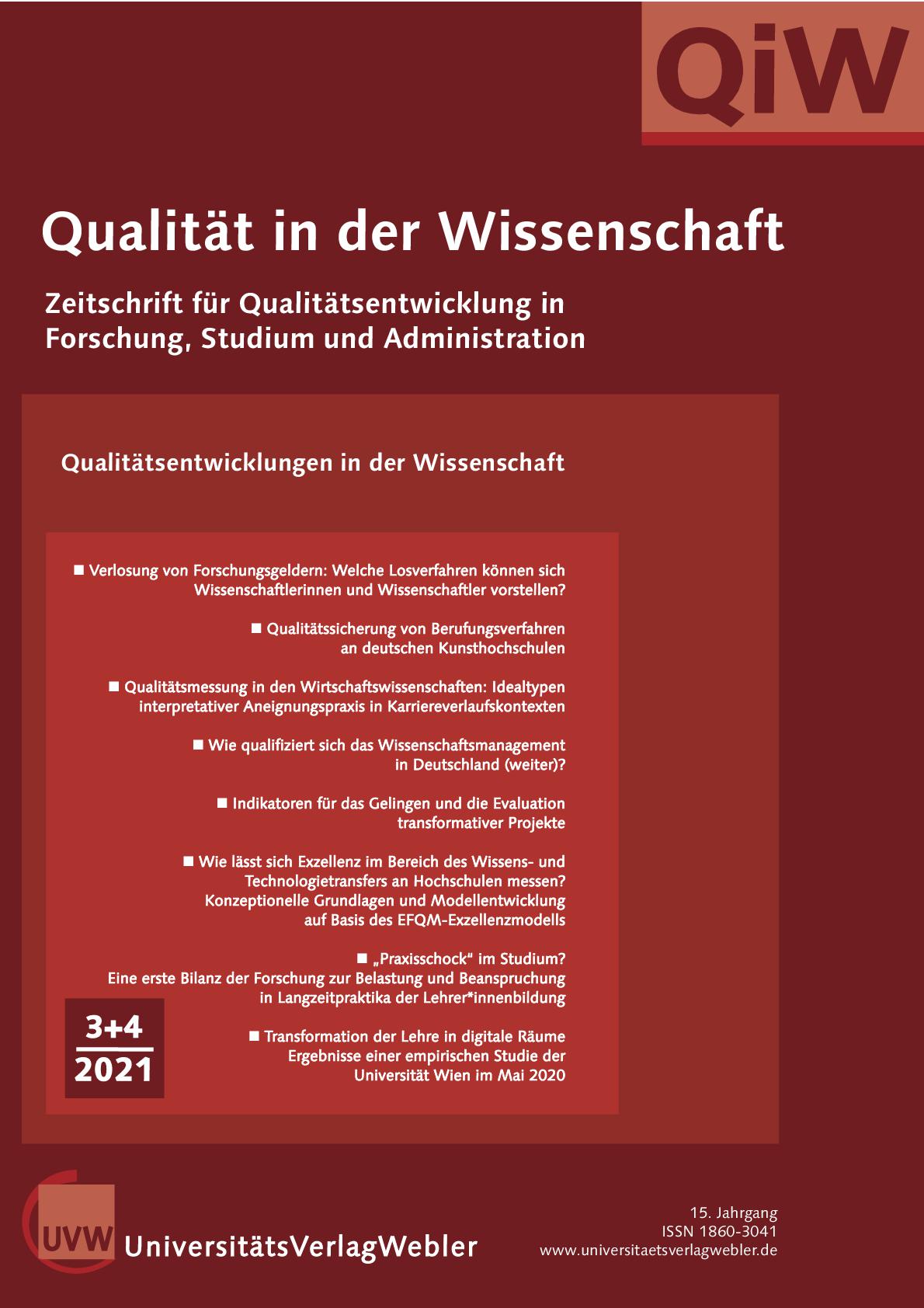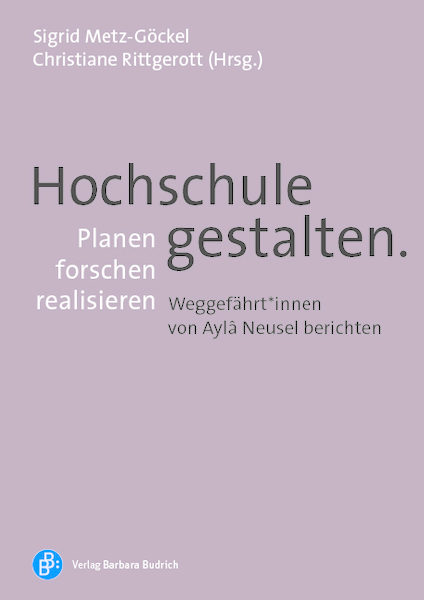This article investigates whether the level of academics’ societal engagement (ASE) is higher or lower at universities with leading research university (LRU) status compared with institutions at lower status levels within vertically stratified systems. In a theory-based purposeful sampling, we studied the correlation of LRU-status and ASE in Canada and Germany (intra-academic competition-based status model) and Kazakhstan and Russia (state-assigned status model). In Canada and Germany, universities have self-organized LRU-status groupings, such as the U15. In Kazakhstan and Russia, the National Universities’ LRU-status was assigned by the state. In Russia and Germany, Excellence Initiatives blur status-assignation models. Survey data is provided by the cross-country study “Academic Profession in Knowledge Society (APIKS)”. We find that techno-commercial ASE is only positively correlated with LRU-status in countries with state-assigned status groupings. Dissemination ASE is not correlated to LRU-status. Negative correlations between dissemination ASE and LRU-status are found in Canada. The results show that societal recognition (captured by industry, ministry, etc. grants) and LRU-status run in parallel in Russia and in Kazakhstan. In comparison with Russia, societal recognition is a distinct mechanism in Germany, which is not triggered by LRU-status. In Canada, ASE is mainly correlated with individual (status) determinants.

